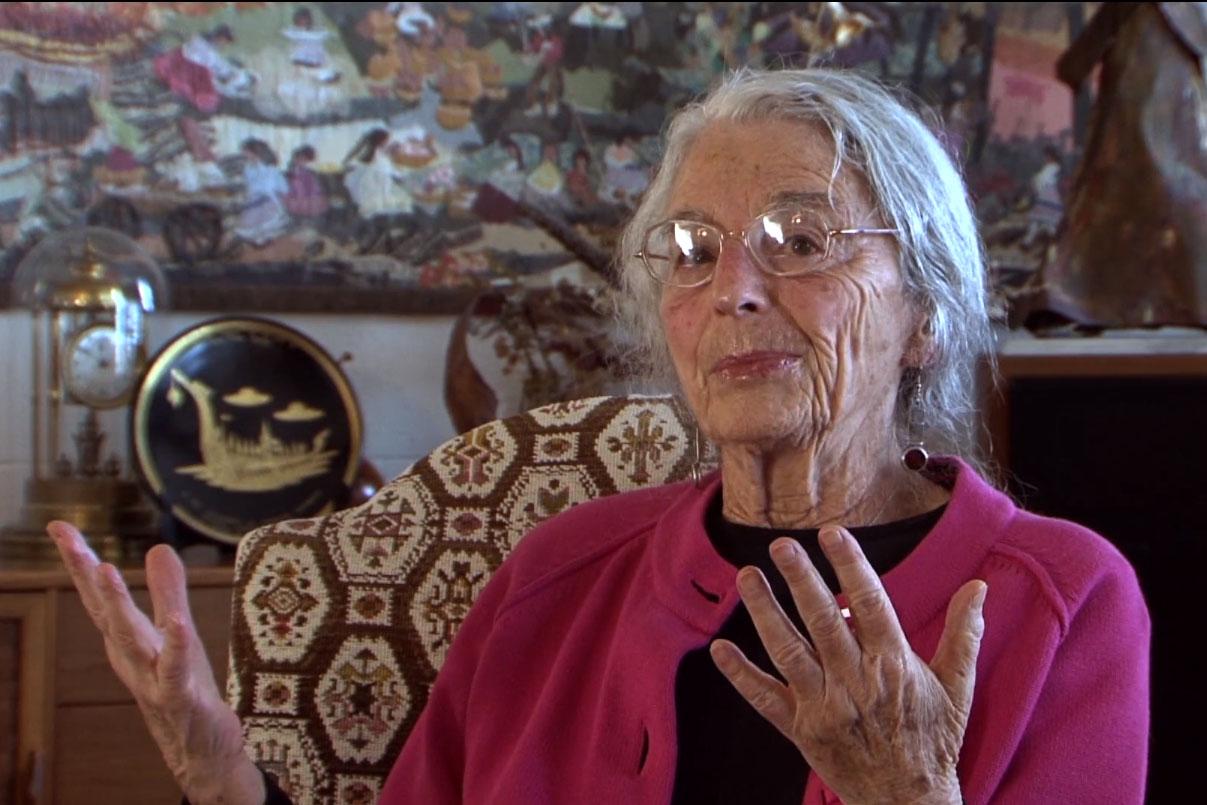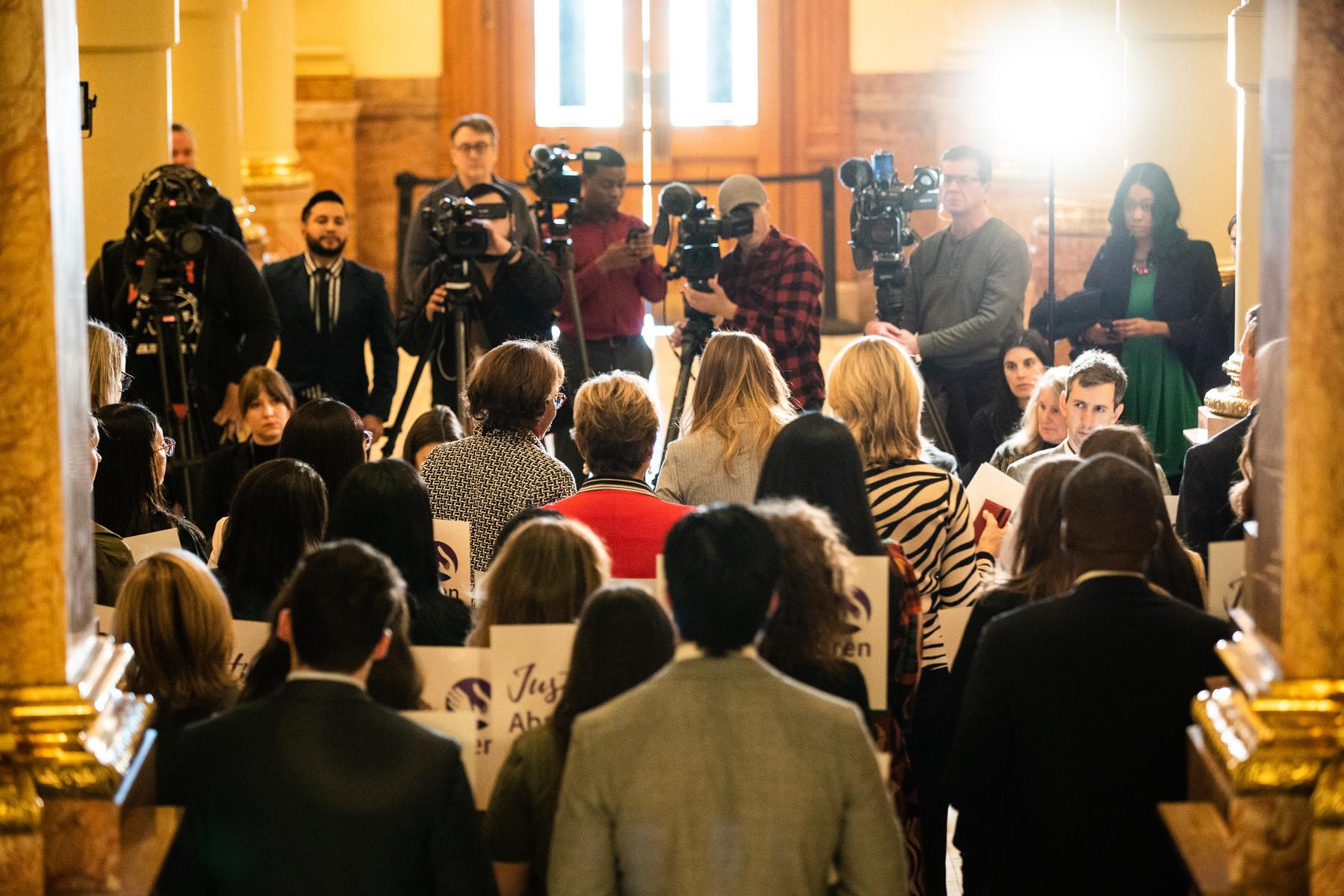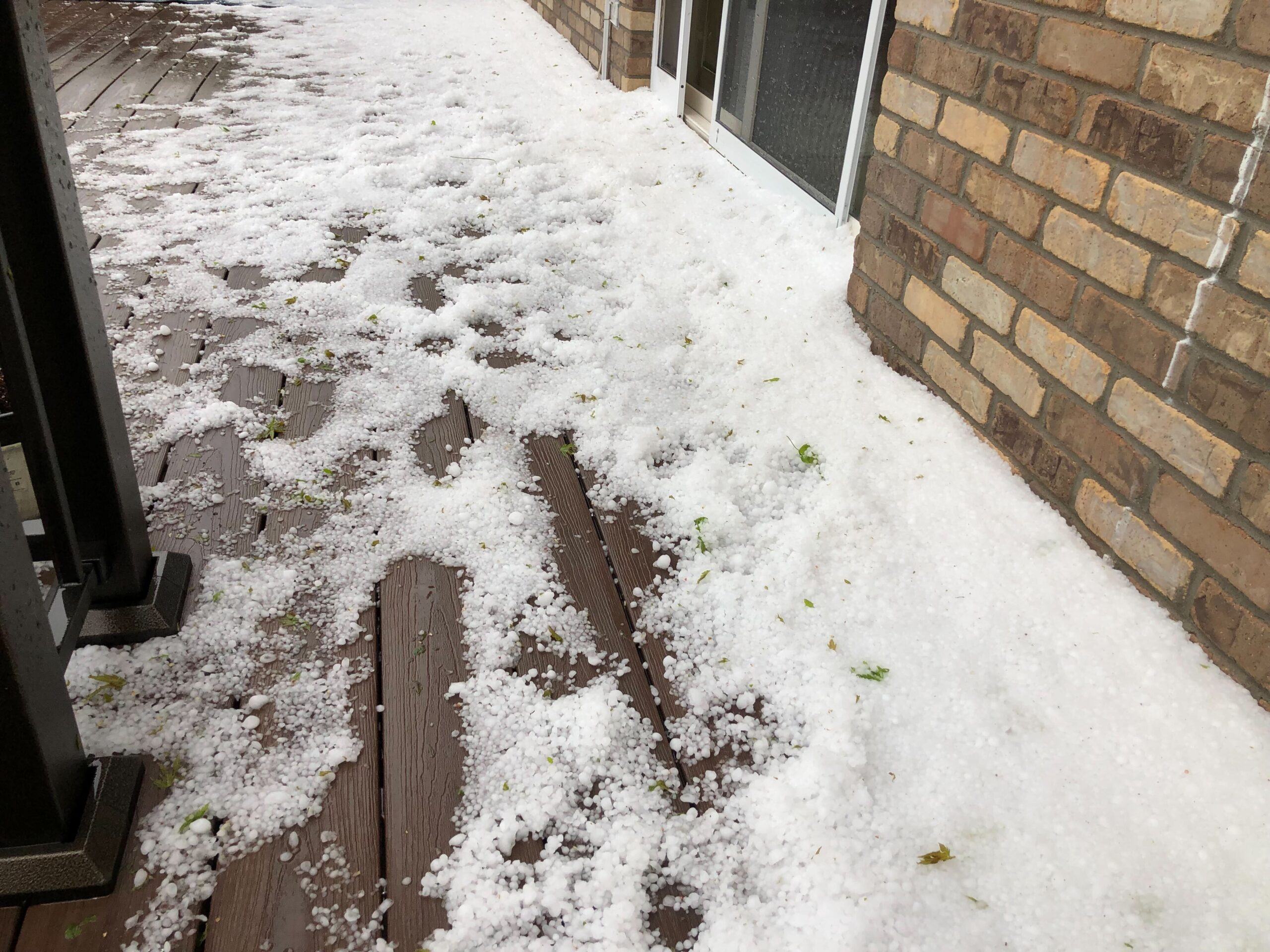
Their film, “Cuba’s Forgotten Jewels: A Haven in Havana,” has its Denver premiere at the Denver Jewish Film Festival. They spoke with Colorado Matters about Judy's mom, the diamond polishing industry, and the movie.
Between 1933 and 1944, ships carried an estimated 12,000 European Jews to safety in Cuba. Belgium was the center of the diamond industry in Europe then. But when the Nazis invaded Belgium in 1940, there was an exodus of Jews, including many who had worked in the diamond business there. When they got to Cuba, they convinced the government to let them start a diamond polishing industry. The business in Antwerp had been shut down, so the diamonds would come from New York, get polished in factories in Havana, and sent back to New York.
The work was hot, steamy and repetitive, Kreith says. And there’s almost no trace of the factories anymore. But the filmmakers managed to track down some of the factory workers and hear their stories, including friends of Marion Kreith’s. One person interviewed in the film is the son of one of Marion’s friends.
Many of the refugees left in 1946, after the war, as did Marion Kreith’s family. They first went to Miami, but eventually they were taken in by relatives in Los Angeles. That’s where her mother met her father, who was also a refugee. He eventually got a job teaching engineering at C.U., so they moved to Boulder. Her mother is 90 now; her father died recently but was able to see the film before he died.
Last December, they showed the movie at a film festival in Havana, and “the response was just wonderful,” Judy says.








